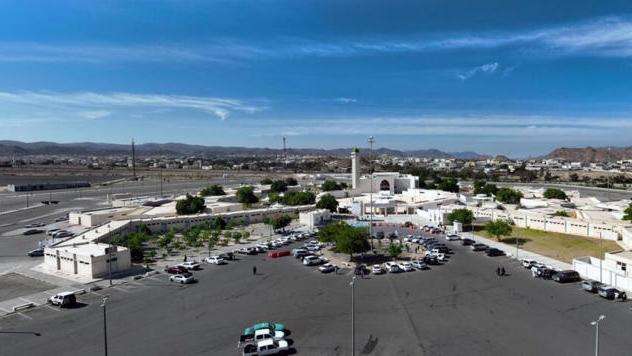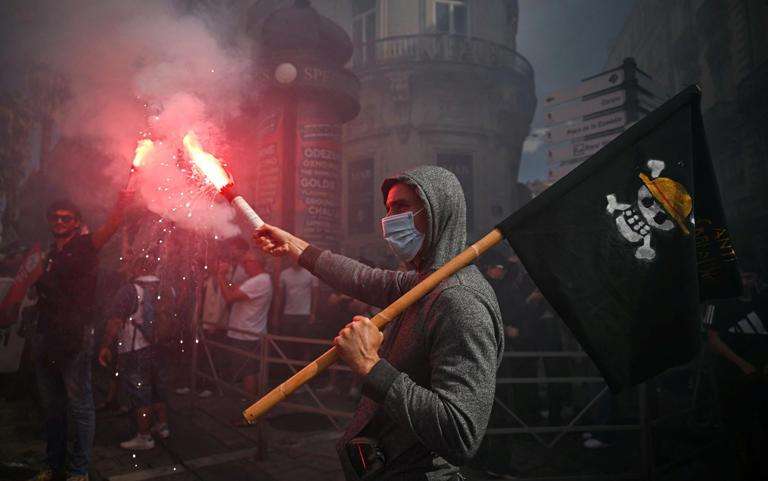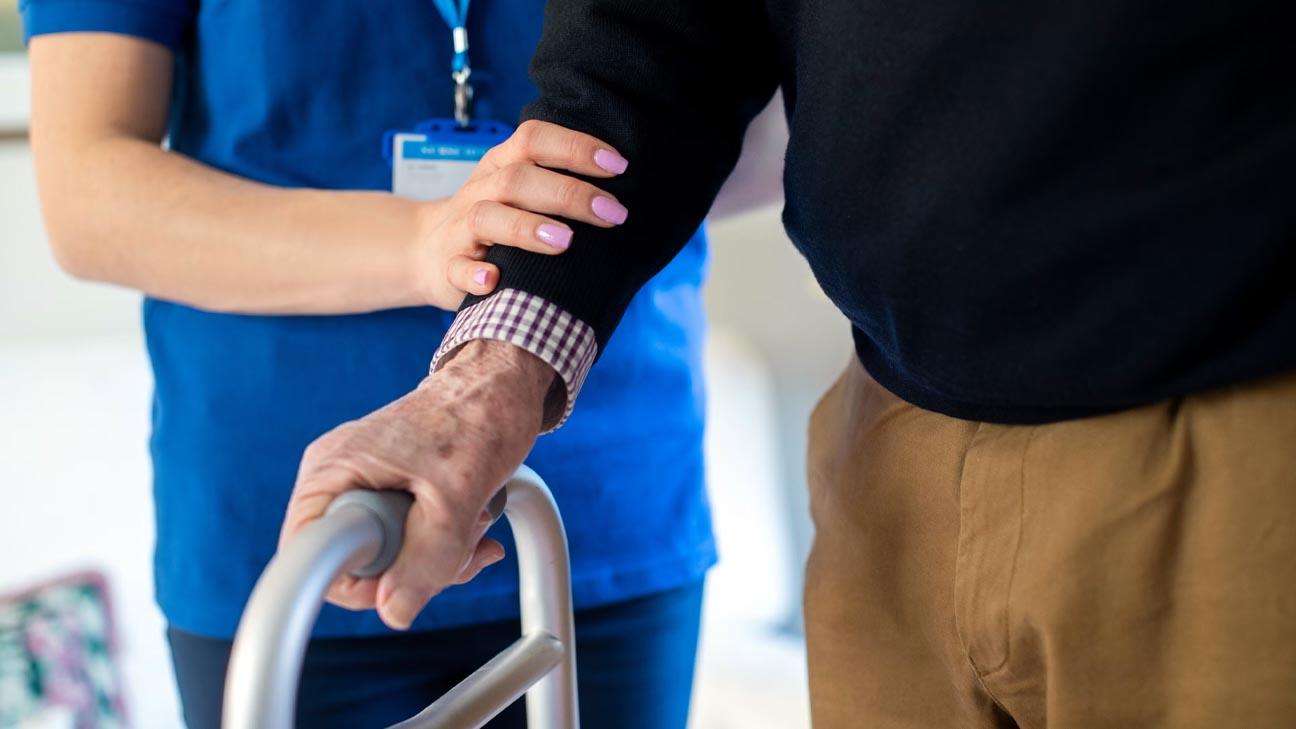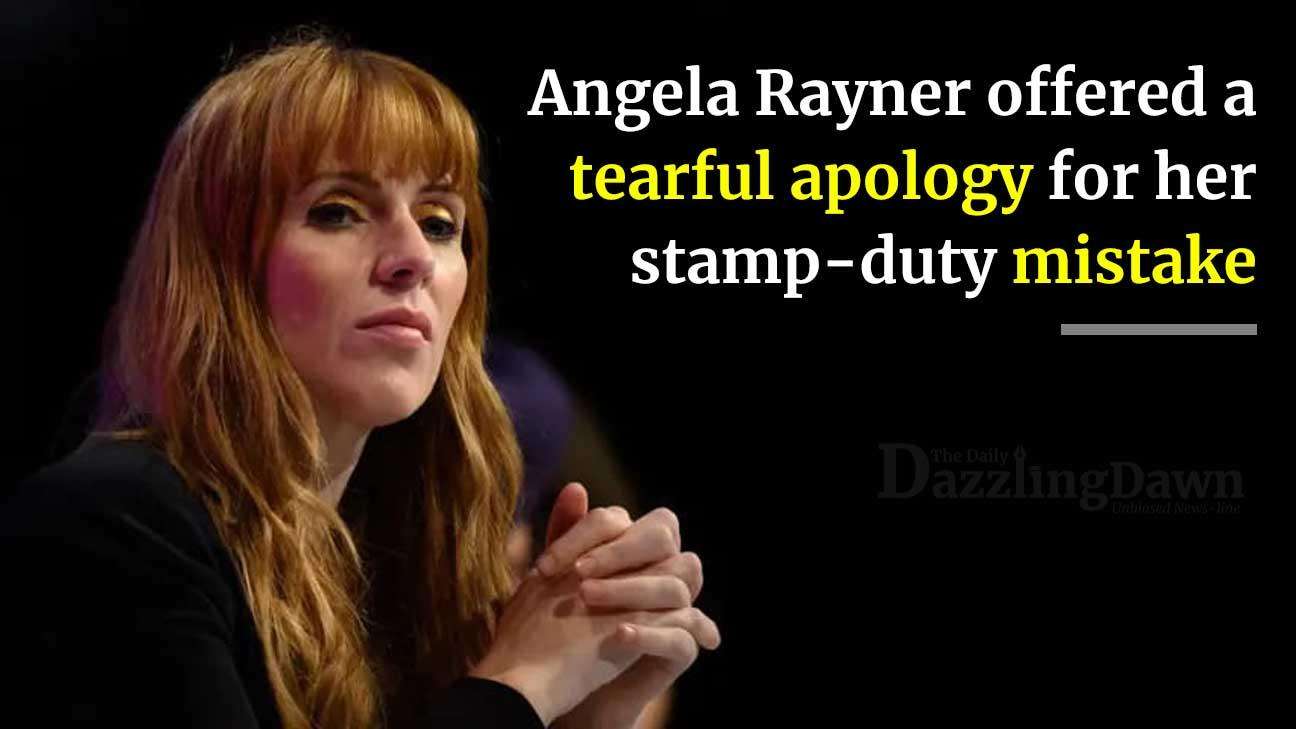A London-born teenager, celebrated as a "digital disciple," is on a path to receive one of the Catholic Church's highest honors. Carlo Acutis, born in London in 1991 to a wealthy Italian family, gained recognition among many young Catholics, including those in Pope Francis' native Argentina. He served as an accessible, modern role model who used technology to share his faith.
Raised in Milan, Carlo became a devout Catholic after his First Communion at just seven years old. He faithfully attended daily Mass, recited the rosary, and participated in eucharistic adoration. It was at age 11, however, that this Catholic youngster began creating his digital exhibition documenting over 100 eucharistic miracles recognized by the Church across various centuries. This centered on the real presence of Christ that Catholics believe exists within the consecrated bread and wine.
While he pursued typical hobbies for someone his age—rambling, computer games, and having a laugh with friends—he also taught catechism at a local parish and conducted outreach work with homeless people. Tragically, at 15, he fell ill in October 2006, and ten days later, he died from acute leukemia at a hospital in northern Italy. His remains were later transferred to an Assisi cemetery as Carlo had wished, due to his dedication to the town's medieval figure, St Francis. Since his death, millions of young Catholics have made pilgrimages to Assisi, where they can observe the teenage Acutis through a glass-sided tomb, dressed in jeans, Nike trainers, and a sweatshirt, his hands clasped around a Rosary.
The Vatican previously declared him "blessed" in 2020 after recognizing a miraculous healing through Acutis' intercession—a child in Brazil who recovered in a "scientifically inexplainable" manner. Last year, the Church cleared his path to this high honor by crediting him with a second miracle—the complete healing of a Costa Rican student in Italy from major head trauma in a bicycle accident after her mother prayed at Acutis' tomb.
Thousands of faithful were anticipated to attend the ceremony for the teenager who mastered internet coding so he could promote his faith in the Catholic church. He limited himself to an hour of video games a week, apparently determining long before TikTok that human relationships were far more important than virtual ones. It was Pope Francis who had passionately championed the Acutis case forward, convinced that the Church required someone like him to draw young Catholics to church whilst addressing the promises and perils of the digital age.
Pope Leo XIV is set to lead the ceremony today in his inaugural celebration, alongside another cherished Italian, Pier Giorgio Frassati. Both ceremonies were initially planned for earlier this year but were delayed due to the passing of Pope Francis in April. "Carlo was well aware that the whole apparatus of communications, advertising and social networking can be used to lull us, to make us addicted to consumerism and buying the latest thing on the market," Francis wrote in a 2019 document. "Yet he knew how to use the new communications technology to transmit the Gospel, to communicate values and beauty."


_7.jpg)

_8.jpg)



.svg)



